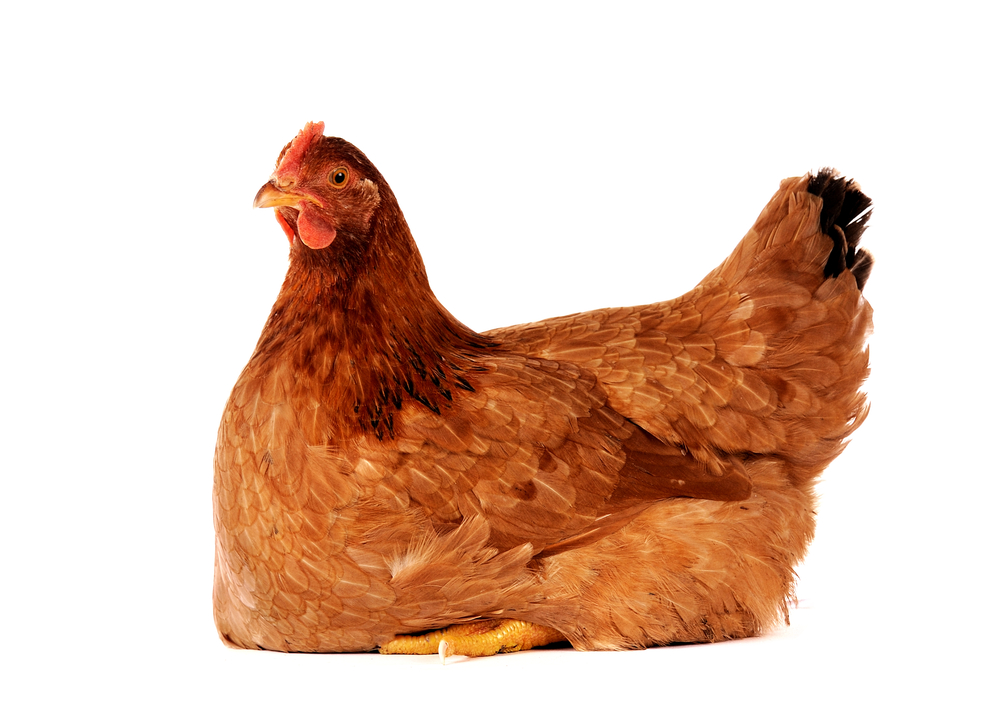Every day we are bombarded with masses of sometimes contradictory information on pressing issues. In this feature, a WUR scientist gives you something to hold on to. What are the facts of the matter? Every question makes you a little wiser. Do you dare to ask yours? Email us at redactie@resource.nl
‘It’s true that white eggs are more sustainable,’ says Thea van Niekerk, a researcher at Wageningen Livestock Research. ‘White hens eat less and lay more eggs per year than brown hens. So less feed and transport are required, which is better for the environment.’
So why do people prefer brown eggs?
‘In the old days, eggs from battery hens were while, so that colour is still associated with them, even though we no longer have battery hens in the Netherlands,’ says Van Niekerk. ‘The first free-range eggs that came on the market were brown, which was a way for the producers to distinguish themselves. And people associate brown eggs with farm chickens that run around the farmyard. So it’s marketing. The image is slowly changing now.’
In the old days, battery eggs were white and that colour is still association with them, even though we no longer have battery hens in the Netherlands
Thea van Niekerk, researcher at Wageningen Livestock Research
The colour of the chicken doesn’t always tell you much about the eggs, says Van Niekerk. ‘For that you have to look at their earlobes. Chickens with white earlobes lay white eggs, and chickens with earlobes of other colours lay brown eggs. Most white chickens do in fact have white earlobes, but there are white chickens that lay brown eggs, and the other way round. So should we start buying white eggs from now on? ‘It depends what is important to you as a consumer. The Better Life label focuses mainly on animal welfare, and in that respect not every white eggs scores higher. But if you can choose between a white and a brown organic egg, and you want an egg that’s sustainably produced as well, you’d better go for the white one.’

 Photo: Shutterstock
Photo: Shutterstock 

